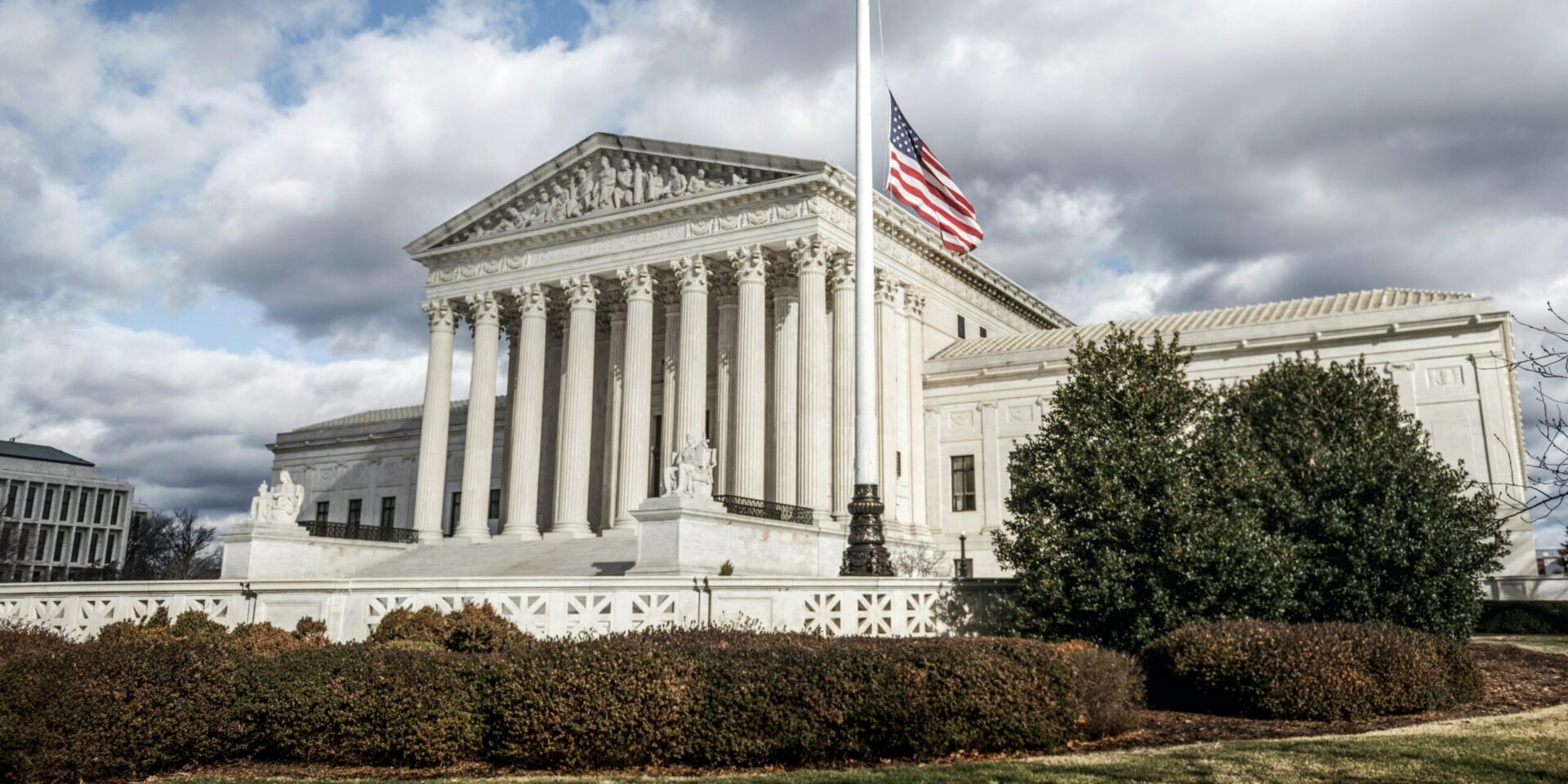A federal judge has intervened to halt the Trump administration’s attempt to deport eight men to South Sudan, citing violations of due process rights and international human rights standards. The men, originally from Myanmar, Cuba, Vietnam, Laos, Mexico, and South Sudan, had been convicted of serious crimes in the United States and were being held in Djibouti under U.S. Department of Homeland Security custody. The administration had arranged for their deportation to South Sudan after their countries of origin declined to accept them.
Legal Ruling and Due Process Violations
U.S. District Judge Brian Murphy ruled that the administration violated an April directive granting individuals the right to legally challenge deportation to third-party countries. The judge criticized the brief notice given to the detainees, labeling it “clearly inadequate.” He ordered that the men receive adequate notice and at least 15 days to contest their removal, in accordance with international human rights standards. Additionally, six of the individuals were entitled to legal representation to assert fears of torture or mistreatment in the destination country.
Administration’s Response and Controversy
President Trump criticized the ruling, claiming it hindered law enforcement efforts and endangered public safety. He expressed dissatisfaction with the judge’s decision on his Truth Social platform, stating that the judge “has ordered that EIGHT of the most violent criminals on Earth curtail their journey to South Sudan, and instead remain in Djibouti.” The administration dismissed the ruling, labeling Judge Murphy a “far-left activist judge.”
Broader Implications and Legal Precedents
This case underscores ongoing tensions between the Trump administration and federal courts regarding immigration enforcement. In a similar case, Judge James Boasberg found that the administration had violated court orders by proceeding with deportations despite judicial injunctions. Legal experts warn that such actions could undermine the constitutional principle of separation of powers and erode public trust in the judicial system.
Conditions in Djibouti and International Concerns
The detainees are currently being held in Djibouti, a country that hosts a key U.S. military installation. Human rights organizations have expressed concern over the conditions in which the men are being held, citing reports of overcrowding and inadequate access to legal representation. The U.S. State Department has issued a travel advisory for South Sudan due to persistent instability and threats to safety, raising questions about the appropriateness of deporting individuals to a country with such conditions.
Public and Legal Reactions
The ruling has sparked a broader debate about the balance between national security interests and the protection of individual rights. Civil liberties groups have hailed the decision as a victory for due process, while some lawmakers have criticized the administration’s handling of the deportations. The case is expected to set a significant legal precedent for future deportation cases involving third-party countries.

